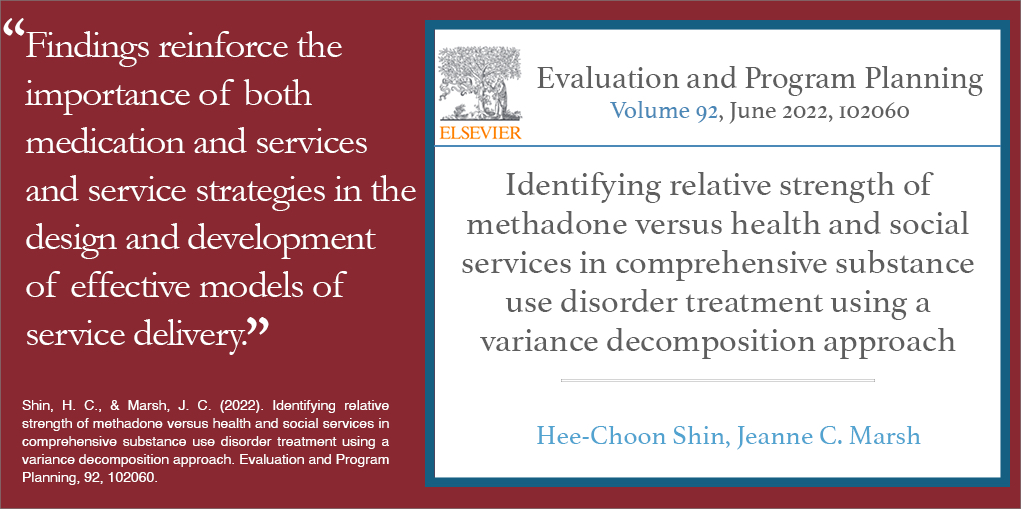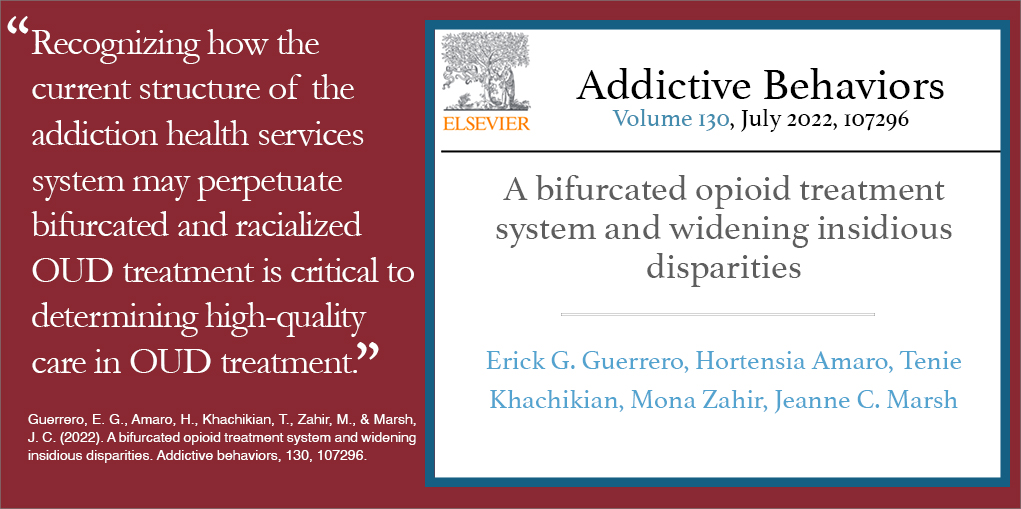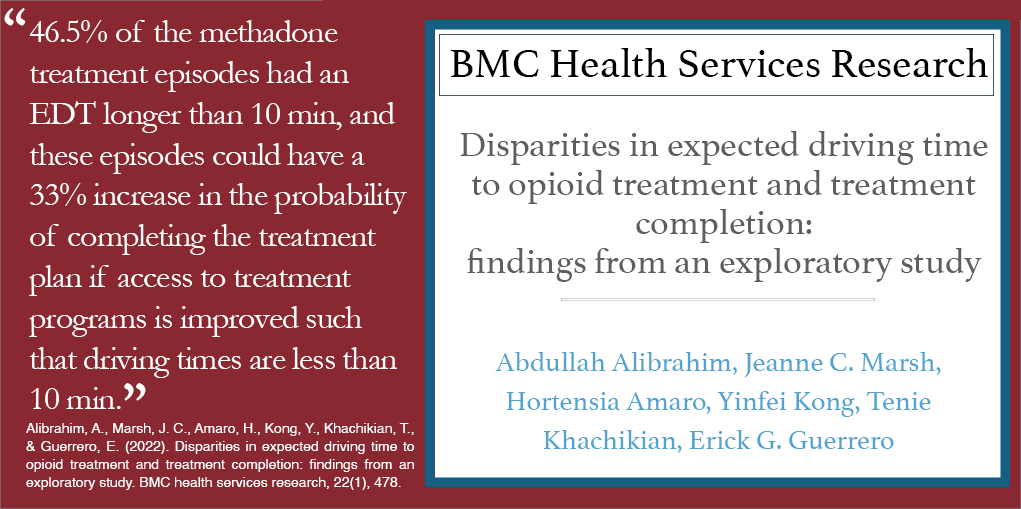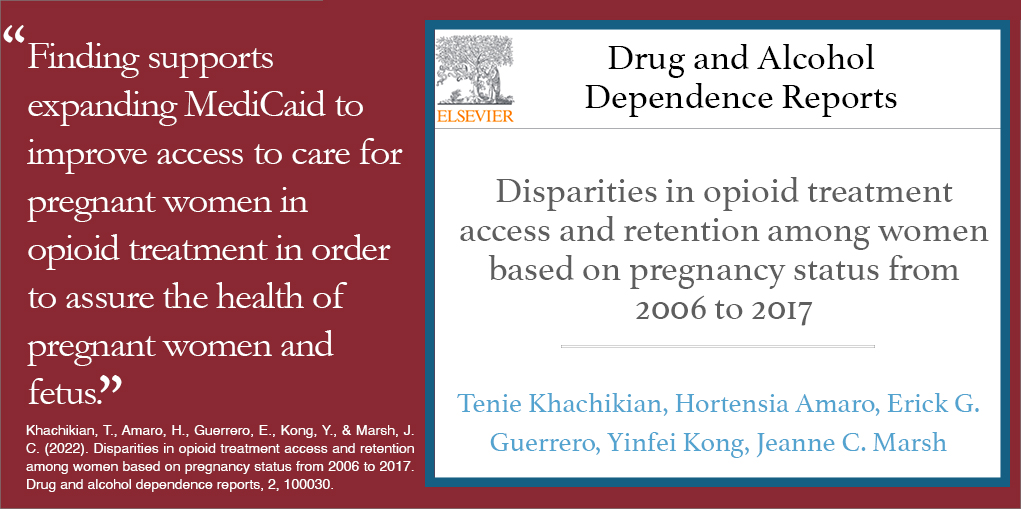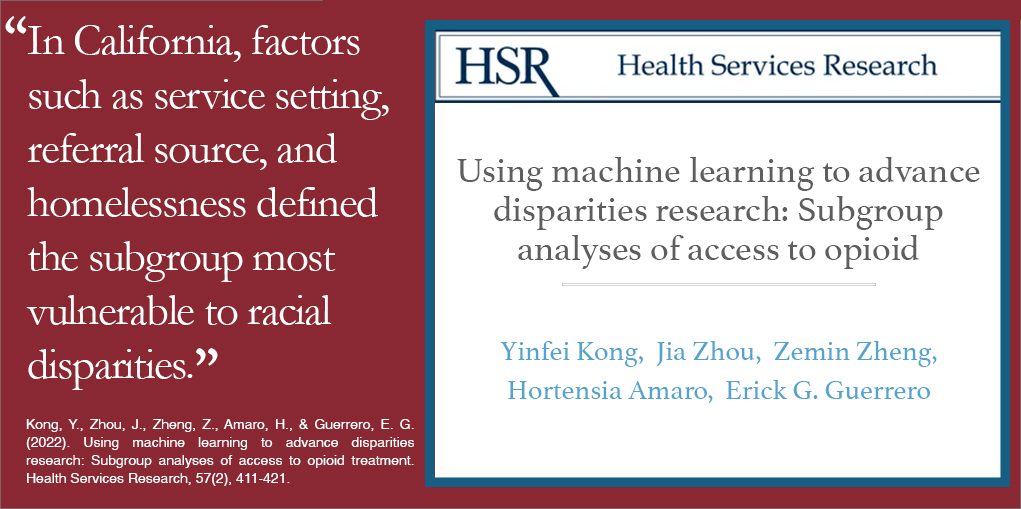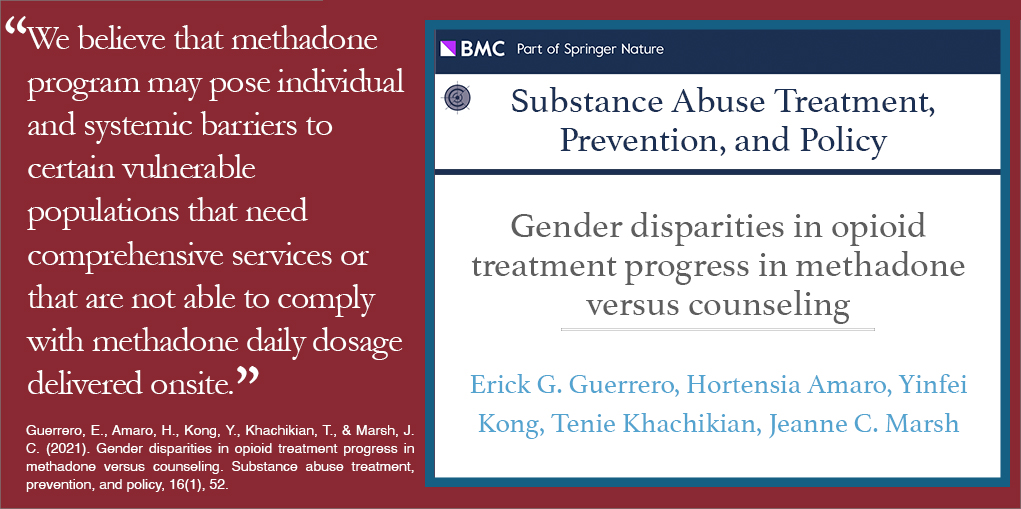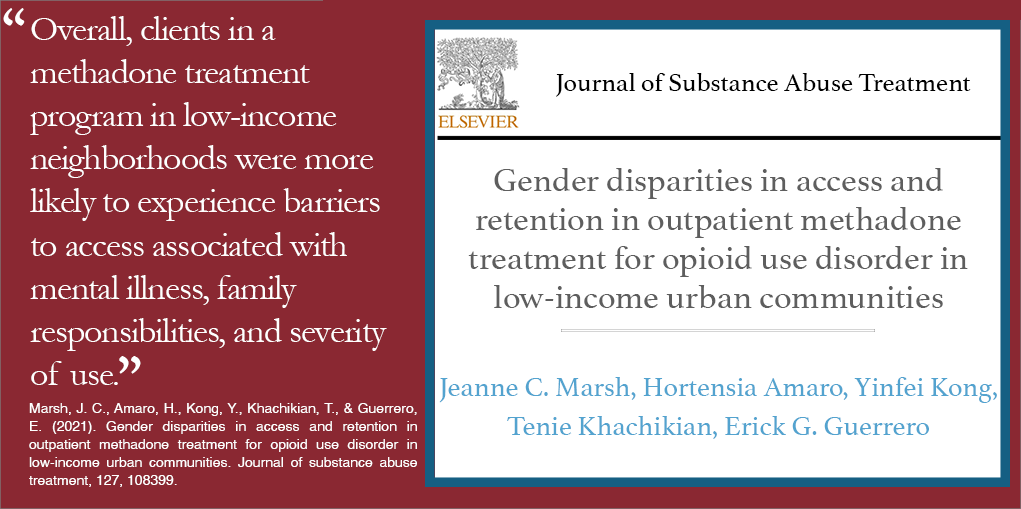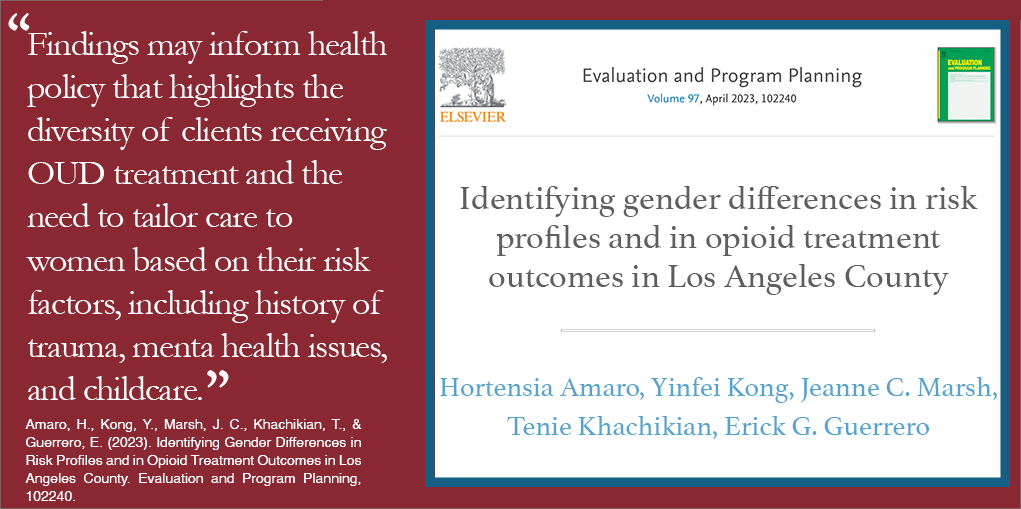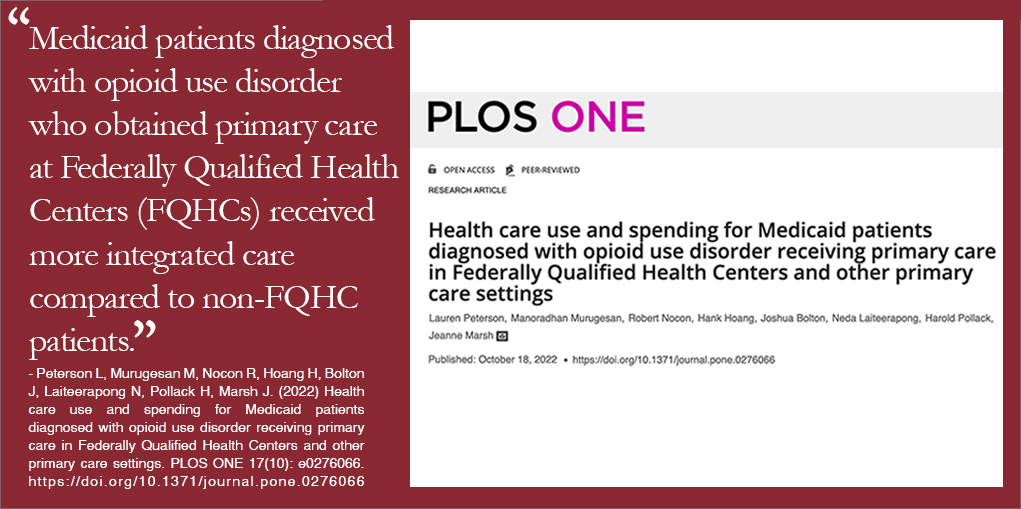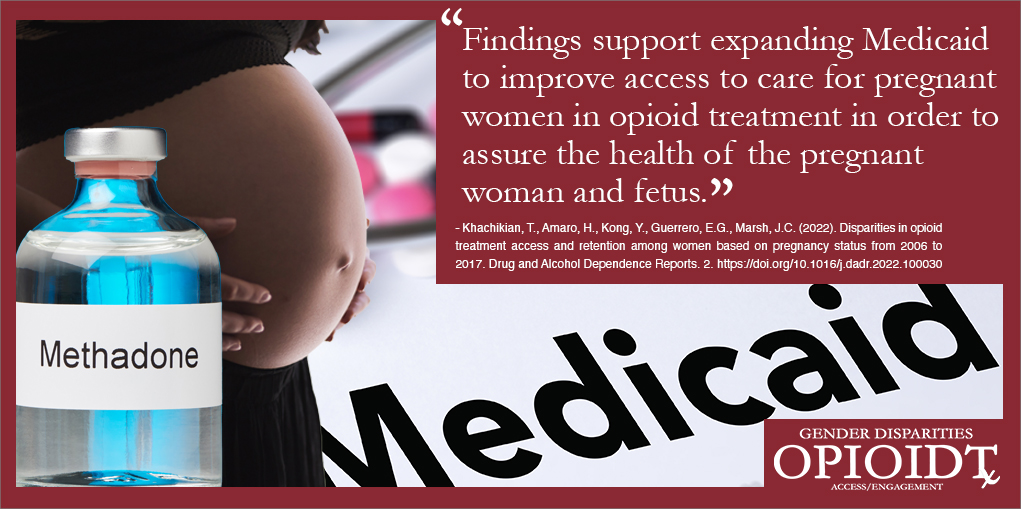How Community-Based Addiction Health Organizations Can Provide More Integrated Services
Coordinating addiction, mental health, and/or medical care is associated with improved health outcomes and reduced healthcare costs, particularly among vulnerable populations. In fact, one of the Affordable Care Act’s main principles is to respond holistically to the healthcare needs of populations facing significant barriers to access this type of integrated care. Addiction health providers in ethnic-minority communities, where many clients enter with multiple disorders, can become a focal point for providing these services. Unfortunately, these community-based providers struggle to either provide these types of services or coordinate with programs that provide them. In a study published by the American Journal of Public Health, Dr. Erick Guerrero and his research team at Integrated Substance Abuse Treatment to Eliminate Disparities (iSATed) tested whether the following organizational characteristics predict more collaboration with providers of mental health, public health, and HIV testing:
- Regulatory environment: Public funding (Medicaid), licensure, and professional accreditations (i.e. The Joint Commission).
- Readiness for change: Program’s resources, climate, staff motivational readiness, and staff attributes for change.
- Directorial leadership: Transformational leadership (i.e. promoting intellectual stimulation and support for innovation) and transactional leadership (i.e. job delegation).
- Professionally accredited programs were more likely to coordinate with mental health programs.
- Clients in programs with more public funding were more likely to be tested for HIV.
- Motivational readiness and organizational climate, as measures of readiness for change, were associated with more coordination with both mental health and public health providers.
- Organizational resources for promoting change was associated with clients more likely to receive HIV testing.
- There was no support for measures of directorial leadership and measures of coordination.




